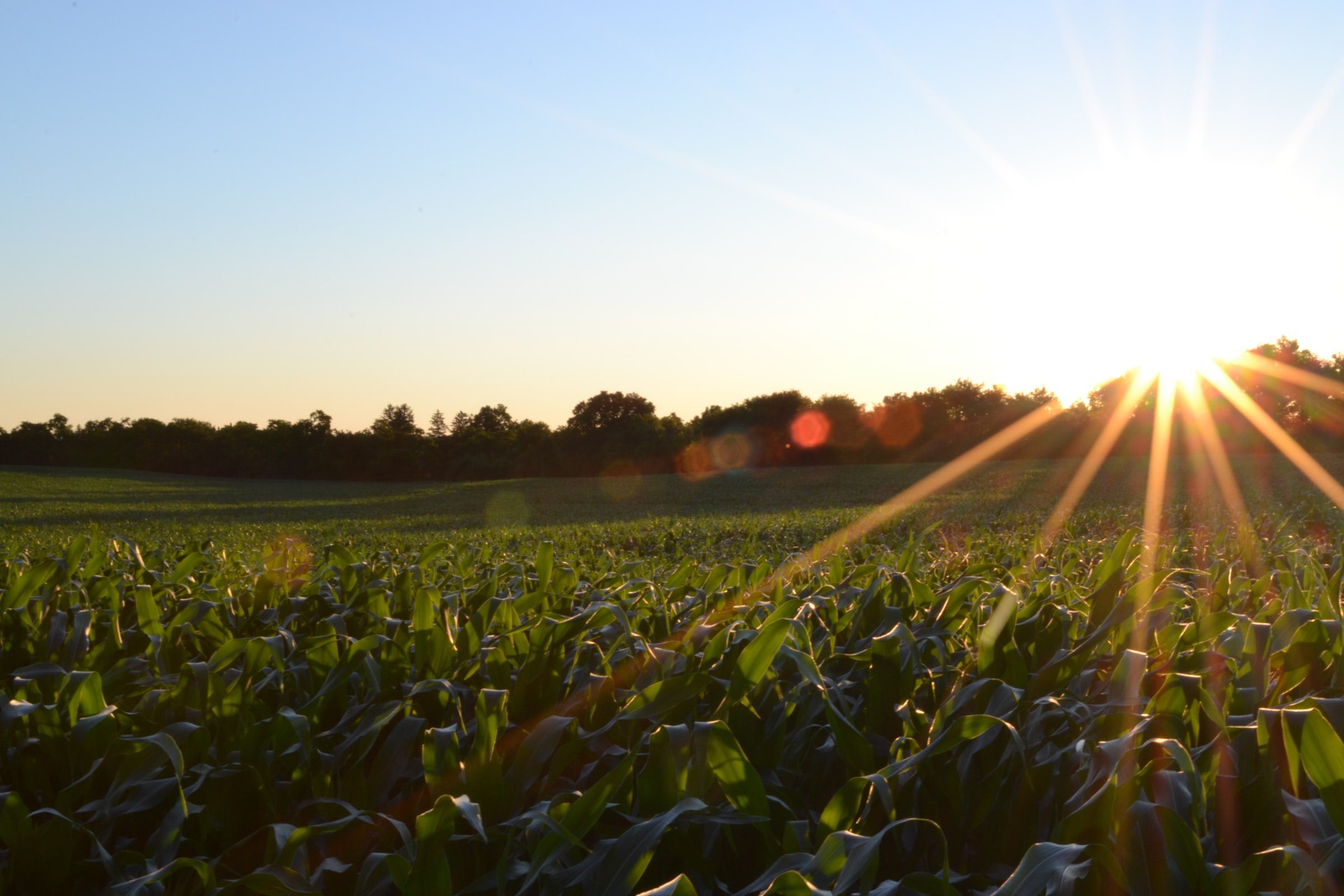The Midwest is often referred to as the heartland of agriculture in America. The fertile soils help cultivate some of the most important staple crops across the U.S. Yet, most of that beautiful farmland is dedicated to only two crops: corn and soybeans. In 2021, 12 million acres of crops were raised. Of those 12 million acres, 5.2 million were used for corn farming, and another 5.6 million were reserved for soybeans. Despite being incredibly important to the American agriculture industry, the lack of diversity of crops could prove detrimental both economically and environmentally.
However, a USDA-funded Purdue University agricultural initiative was established to study how diversity within a farm equates to its success and resilience. The study, known as the #DiverseCornBelt initiative, examines the diversity of crop usage, the types of farming practices a farm employs, and the marketplace the farm operates within on farms across the Midwest as a way to understand and hopefully counteract the lack of diversity in farms across the region.
The study hopes to provide great insights into the sustainable and regenerative farming practices that have become more mainstream in recent years. In particular, the Purdue research team is looking into the effects of different crop rotation practices. Professor Linda Prokopy, the leader of the project and head of the Purdue Horticulture and Landscape Architecture department describes the initiative, saying “We will be working with farmers in Indiana, Illinois, and Iowa to evaluate alternative cropping systems that can be used in the Midwest – we will be evaluating small grains and/or forage crops in rotations, perennial forage or bioenergy crops, agroforestry, horticultural food crops and grazed livestock.”
In addition to studies on crop rotation, they will also study farming and landscaping practices that help farms themselves become more resilient.
Ian Kaplan, a professor of Entomology at Purdue, points to water quality, soil health, and insect biodiversity as three possible factors that help understand the diversity of farmland. “By measuring these variables across three states, we will be able to understand how the implementation of specific farming practices simultaneously affect agroecosystem function, crop yields, and long-term sustainability,” Kaplan explains.
This focus on resilient farming is incredibly important to inform the way farmers react to the unpredictable weather patterns of climate change and other uncertainties, like the ongoing COVID-19 crisis. It is a large reason why the project was started. “The COVID-19 pandemic showed us the lack of resilience in our current system and how farmers suffered because of it,” Prokopy says. “We hope such pandemics will be rare, but, unfortunately, we can’t say the same about climate change. There will be challenges ahead and we must prepare for the future.”
The project is well-funded thanks to a $10 million grant from the USDA’s National Institute of Food and Agriculture (NIFA) Sustainable Agricultural Systems program. The grant is part of a larger $146 million investment into sustainable agriculture. Grants to 15 different universities across the country will work to solve critical issues within the agriculture industry, such as food insecurity, drought resistance efforts, livestock health, and economic irrigation policies. NIFA Director Dr. Carrie Castle says the Sustainable Agricultural Systems program “takes an inclusive systems approach to tackle these major issues. We are excited to see impacts this research investment will generate for our nation to move us towards solutions that benefit all Americans.”
Despite the fact that the results of the study will not be available for some time, the project itself is already educating and encouraging students to engage with a sustainable farming system. With luck, the #DiverseCornBelt project can help farms across America make the switch to sustainable methods of farming and transform the American agriculture industry into one that promotes productive, healthy farms for its farmers.





